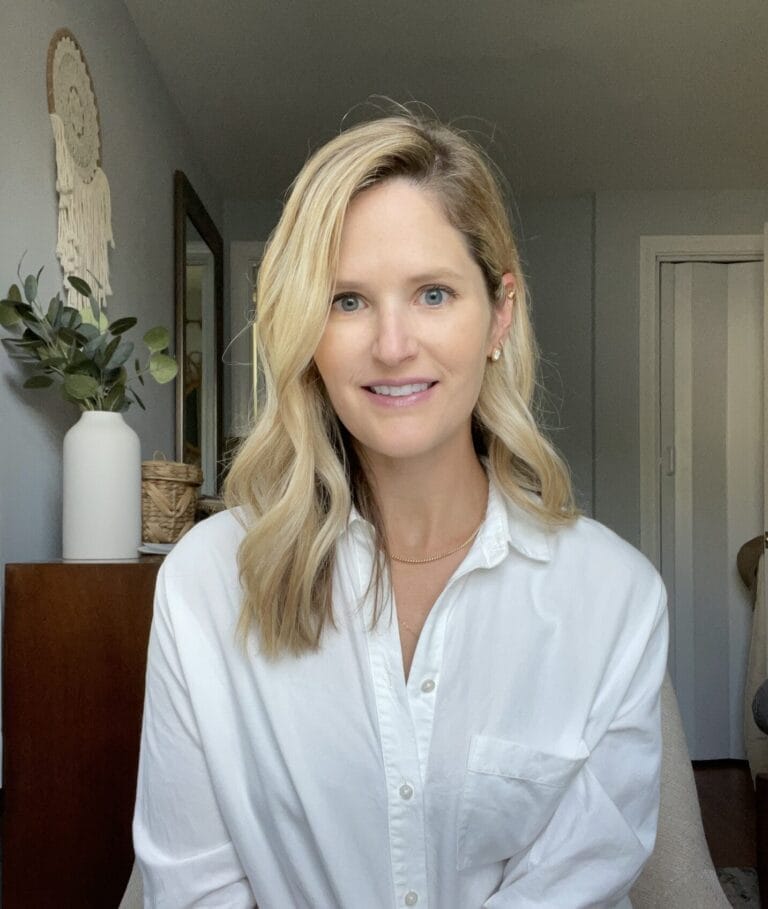
When an accomplished Speech Language Pathologist (SLP) was once asked why she loves the SLP services she provides for children day in and day out; she responded, “knowing that my interventions are helping children communicate and that those skills will help them their whole life…is the very reason I do what I do.”
Why then do so many SLPs feel undervalued and underappreciated?
Often We Don’t See Those Who Need SLP Services
The question really is: how many of us regularly interact with people suffering with significant communication difficulties? While occasionally we bump into someone who is deaf or suffering a hearing deficit unless these people are sought out, we rarely encounter such people. This lack of exposure results in unawareness and unfortunate ignorance of their problems.
Female Dominated Field
Let’s face it, aside from a few men; Speech-Language Pathology is female dominated. And we all know that despite the struggles for equality for women, and notwithstanding many of the successes, women continue to face an uphill battle to receive wages comparable to men. Lower pay means feeling undervalued and underappreciated despite providing a valuable service.
Lack of Education and Public Awareness
While it’s certainly true that most people recognize some of the obvious struggles (e.g. speaking with a lisp, individual sounds being pronounced incorrectly, etc.). However, they aren’t familiar with the services those people receive to address these struggles. Many simply think that those suffering from speech impairments are doomed to struggle with them for life.
But it is more problematic. Aside from being unaware of what SLPs do, most don’t understand the actual impact of deficient language skills. Think about it: so much of our success in the world – be it academic, social, or even mental health and well-being – is tied to clear, uninhibited communication. Only this realization allows for appreciation of the critical role of SLP services.
What’s more, many people equate speech problems and their solutions with simple exercises that are out of tune with today’s reality. But the modern world has opened the door to technologies and methods beyond most people’s imagination. Innovations like the touch screen, iPads, talker devices, etc. are upgrading services and will eventually become mainstream.
Raising Public Awareness in the UK
In the UK a campaign called “Giving Voice” was instituted which has had a significant impact on raising the profile of Speech-Language Pathologists. While RCSLT, the British equivalent of ASHA, stands behind it, it happens to be that many projects by individuals, teams, departments and student groups from University have joined as well to effect meaningful change.
Building The Reputation One Person at a Time
Nevertheless, the bottom line is that the reputation grows one at a time, among both clients and other professionals. Demonstrating and communicating an SLP’s worth is contingent on his or her clinical competencies and knowledge, which is probably a function of how much education and training s/he receives. And there’s no replacement for the consistently successful clinical experience!
Who Really Counts?
While clinicians, clients, and families are certainly aware of the critical assistance that SLP services provide, the public is lagging behind. But is this so unusual? As we all know, sometimes life’s true gems are hidden from our eyes. While pain management doctors – for example – are already well-respected, it is sincerely hoped that SLPs will become more appreciated, but their invaluable SLP services are not dependent upon it.




